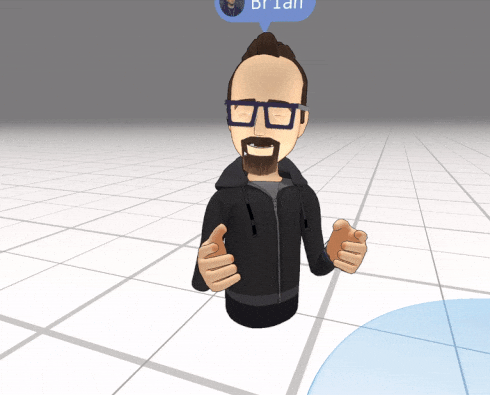
When it comes to artificial intelligence, Facebook is looking to tackle all areas of the technology. The company is already conducting research in computer vision, language understanding, machine learning, connectivity, and virtual reality, as well as on other frontiers. To showcase its dedication, the company is giving more insight into its research and breakthroughs, and is revealing what it plans to tackle next.
“Facebook’s long-term road map is focused on building foundational technologies in three areas: connectivity, artificial intelligence and virtual reality,” wrote Mike Schroepfer, CTO of Facebook, in a release. “We believe that major research and engineering breakthroughs in each of these areas will help us make more progress toward opening the world to everyone over the next decade.”
(Related: MIT’s CSAIL is working on AI that can reason)
Recently, the company announced a new deep learning platform, Caffe2Go. The platform is designed to bring real-time AI to a user’s fingertips. Caffe2Go is embedded in the company’s mobile apps, and provides the ability to capture, analyze and process pixels. “We can create gesture-based controls, where the computer can see where you’re pointing and activate different styles or commands,” said Schroepfer.
“We can recognize facial expressions and perform related actions, like putting a ‘yay’ filter over your selfie when you smile. With Caffe2Go, AI has opened the door to new ways for people to express themselves.”
For virtual reality, the company is using artificial intelligence to provide stabilization in 360-degree videos. It is also working on speech recognition to improve avatars and UI tools, and to help users interact with their VR environment with hands-free voice commands. Finally, it can use computer vision software in its Oculus Connect 3, which will help the VR headset become untethered, according to the company.
Facebook’s AI has already seen action. For example, the company’s Aquila and Terragraph systems use computer vision tools to help improve connectivity technologies.
Facebook is also turning to other research platforms and infrastructures to help them advance AI. These include AutoML, an automated machine learning platform; and Lumos, a computer vision platform. The company also uses memory networks to give computers the ability to remember multiple facts, which can be used for question and answering dialogues, for example.
Going forward, the company will begin to work on giving computers the ability to think, learn, plan and reason like humans.
“It’s exciting to see how AI has progressed over such a short time, and it’s exciting to think about what’s next,” wrote Schroepfer. “When our research succeeds in teaching computers all the abilities I outlined above—context, knowledge about the world, reasoning and predicting—these will add up to something like what we call common sense.
“And when computers have common sense, they can interact with us in better, more natural ways, from surfacing the most relevant information for us and assisting us with tasks, to enabling whole new ways for people to connect.”






